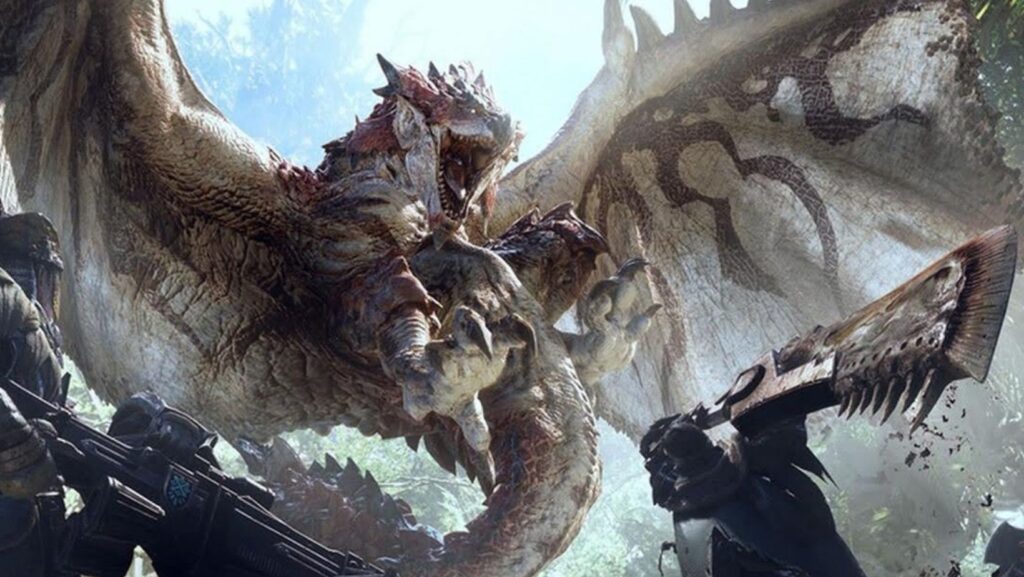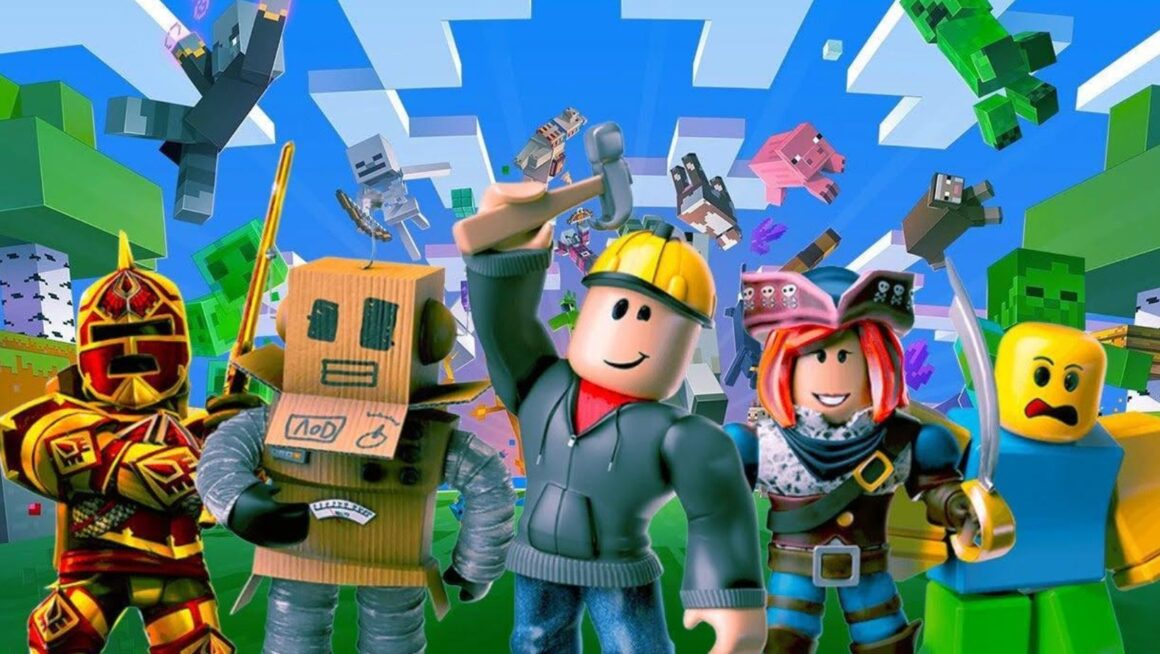
Games have long ceased to be just entertainment or a way to relax after work. Today, they’ve become full-fledged spaces for communication — places where people meet, share emotions, and form friendships that are sometimes stronger than those in real life. Co-op sessions, voice chats, and clan communities have replaced traditional forms of interaction. To me, games are no longer an isolated hobby but a social ecosystem where it’s not only about winning, but about being part of something greater. And the more online platforms evolve, the stronger this social aspect becomes.
Games as a space for communication
Online titles like Valorant, Fortnite, Dota 2, and CS 2 have long ceased to be just competitive arenas — they’ve turned into vast social spaces. People meet friends there, build teams, discuss news and events, share experiences, and simply spend time together. Unlike traditional social networks, games offer more — here, it’s not only about talking but also about acting together. Wins and losses become reasons for emotions, jokes, and analysis, bringing players closer even if they live on different continents.
The team-based format is especially fascinating — ranked matches in shooters like CS 2 create the feeling of real sports, where every detail depends on cooperation. Tactical discussions, mutual support, and role distribution create an atmosphere similar to working within an actual team. On platforms like cs 2 rankings, results and statistics become more than just numbers — they’re topics for discussion, motivation, and even a way to make a name for yourself. For some, it’s a path toward the professional scene; for others, it’s a chance to improve their skills and share them with others.
To me, this is where games truly become a space for real communication. What matters here isn’t appearance or status, but how you play and interact with others. Some people find partners for ranked matches; others meet close friends they’ll play with for years. That’s the uniqueness of gaming — it connects people not for benefit, but through shared emotions and experiences, where every interaction can grow into a genuine friendship.
Shared goals and a sense of belonging
Cooperative and online games often become the foundation for genuine teamwork. In titles like Destiny 2, Warframe, Monster Hunter: World, or Final Fantasy XIV, success is impossible without coordination — players must synchronize attacks, assign roles, and support each other in critical moments. Defeating a tough boss or completing a raid brings not only excitement but also a powerful sense of unity, where everyone knows they played an important role. That shared purpose connects people more deeply than any text chat ever could.
Over time, these connections often extend beyond the game itself. Teams create Discord servers or private Telegram groups where they discuss not just strategies but everyday topics as well. These communities become like small clubs, where people recognize each other’s voices, offer support, and share personal updates. Even when members live in different countries, they still have a shared space where they feel part of something greater.
To me, that’s what makes online games such a unique social phenomenon. They don’t just provide opportunities for interaction — they create genuine human connections. Working toward shared goals builds trust, teaches compromise, and helps players celebrate each other’s successes. It’s a rare case where virtual cooperation gradually turns into a real community, where everyone feels valued.
Games as a space for self-expression
Modern games have long gone beyond simple gameplay — they’ve become platforms where people can express their individuality. In titles like The Sims 4, Genshin Impact, Roblox, or Fortnite, players create characters, interiors, and even entire worlds, putting a part of themselves into them. For some, it’s a way to bring creative ideas to life; for others, it’s a safe space to be someone they can’t always be in real life. The ability to experiment with style, appearance, or even personality becomes a form of self-expression that doesn’t require words.
What’s especially important, in my view, is that creativity in games has become a social process. Players share their creations, organize virtual exhibitions, and collaborate on projects that unite people with similar interests. In Roblox, for example, there are entire communities of designers, architects, and programmers who build their own worlds and share them with millions of players. Meanwhile, Genshin Impact fans exchange screenshots, create visual scenes, and compete in creativity. It’s no longer just a game — it’s a form of dialogue through visual and emotional language.
Games allow people to communicate through creativity — through design choices, atmosphere, and character decisions. Even decorating a house in The Sims or customizing a hero in an online game becomes a way to tell your story. To me, that’s the real strength of modern titles: they let people be themselves, find like-minded creators, and build communication through imagination and personal style rather than through traditional social norms.
Online friendships and new forms of interaction
Today, the gaming community exists not only online but also far beyond it. People who met in matches or on forums now plan real-life meetups, travel together to festivals like Gamescom or TwitchCon, create fan projects, and even start businesses. Games have become a starting point for real communication, where virtual teammates turn into actual friends. It feels like a natural progression — shared emotions, victories, and defeats form strong bonds that easily transcend the screen.

New forms of interaction have emerged thanks to platforms like Twitch, Discord, and Reddit. These spaces have evolved into true clubs built around shared interests, where players can discuss strategies, exchange experiences, or simply chat. Many streamers have become community leaders — their broadcasts gather thousands of viewers who not only watch the game but also talk to one another, discuss life, and share ideas. This creates a sense of presence and connection that people often miss in everyday life.
To me, games have proven that digital communication can be genuine. When conversations are built not around appearances or social status but around shared emotions and passions, they become more meaningful and sincere. People support each other, cheer for their favorite teams, and celebrate their friends’ achievements. That, I think, is the greatest strength of gaming — it helps people build connections that are every bit as real as those in the physical world.
Conclusion
Games have become one of the most significant social phenomena of our time. They give people the opportunity not just to play but to connect, build relationships, and develop communication. Online friendships, clans, and communities form a new type of human interaction where the digital and real worlds intertwine. To me, that’s why games today are more than just entertainment — they’re a space where genuine communication and understanding are born.












